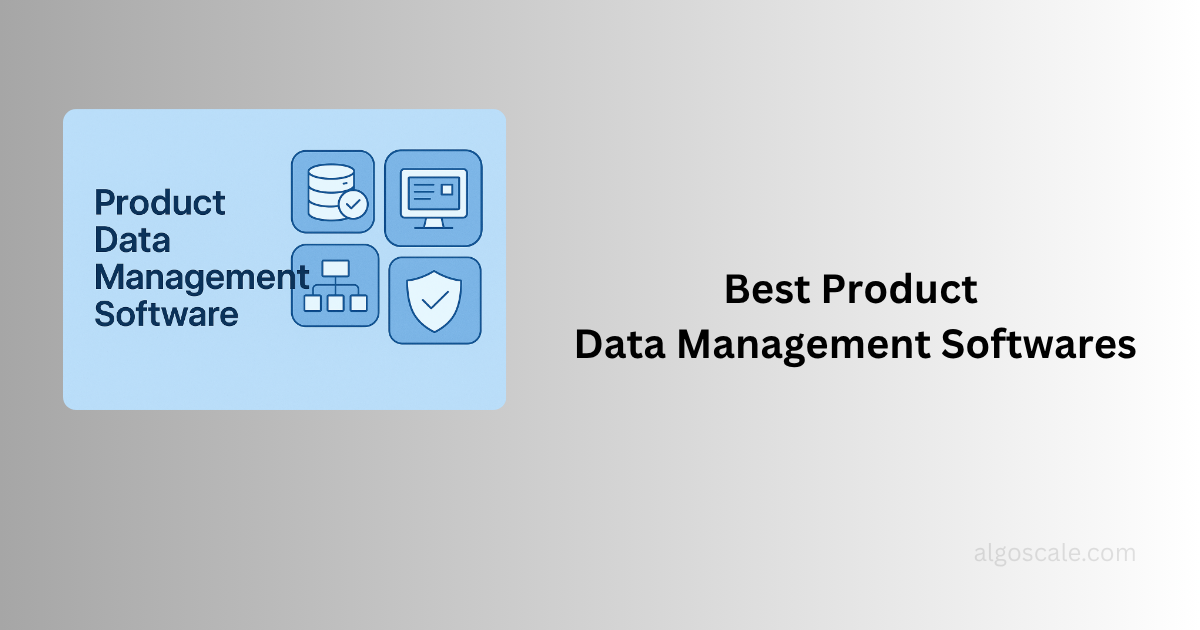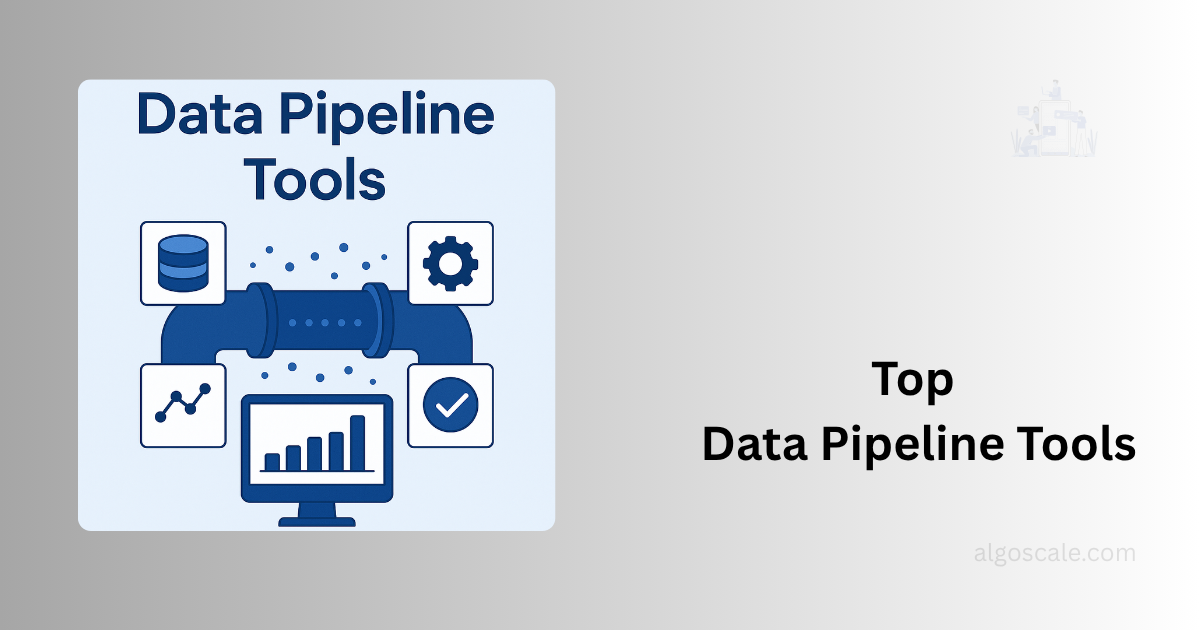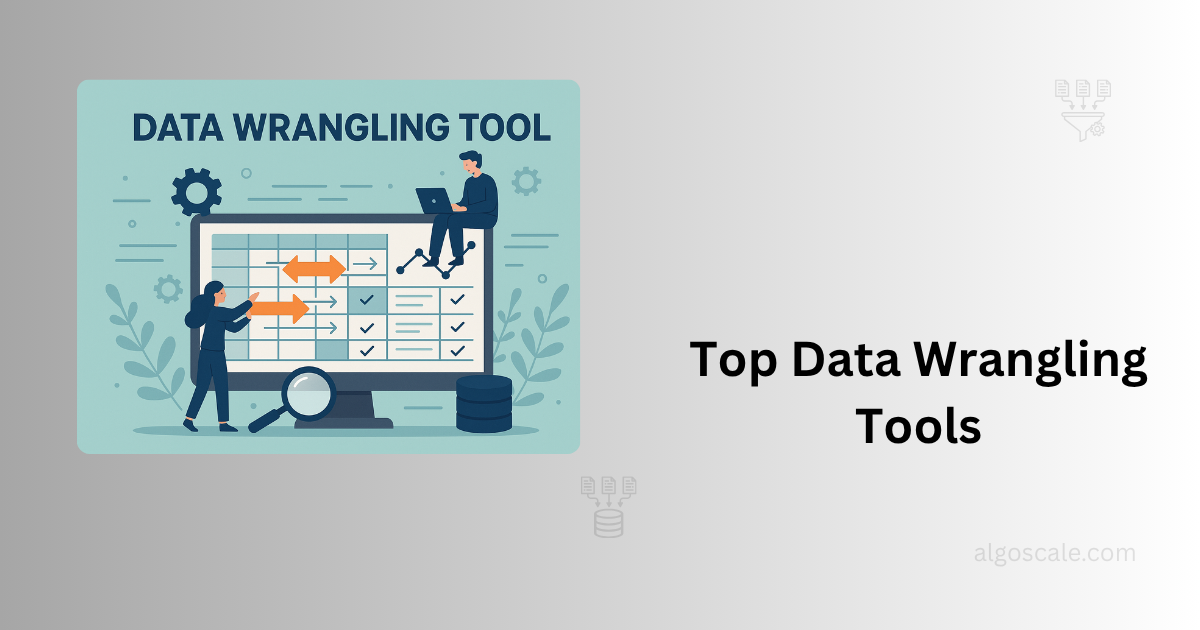AI Developments in E-commerce and Retail
Sitting and scrolling through an online shopping platform in the middle of the day has become a more common sight after the pandemic hit the world. Digital platforms grew quickly as physical stores were forced to close and eCommerce became more than just a leisure or luxury shopping spree moment with medicines, groceries, and even dairy taking the online route. However as the digital revolution gained traction, numerous severe issues arose, calling into doubt the readiness of the industry. Those who chose to shift swiftly and not complain about the circumstance won. And expecting the unexpected is the only expectation businesses should have.

Artificial Intelligence in E-commerce and Retail
Artificial intelligence is already being adopted at a breakneck speed by e-commerce firms. According to MarketsandMarkets, the global artificial intelligence in the retail market is estimated to increase at a CAGR of 38.3 percent from USD 736.1 million in 2016 to USD 5,034.0 million in 2022. Businesses tend to understand their clients better and deliver relevant items at the right time and through the right channel by utilizing the power of AI. AI also enables firms to identify competitors’ tactics by allowing faster and more trustworthy data. Let’s take a look at some major advancements that the eCommerce and retail industry made with AI as well as some of the future areas where it will benefit e-commerce decision-makers around the world.
1. Personalization
New levels of deep personalization have begun to enter the eCommerce industry as machine learning, data science, deep learning, natural learning processing, and artificial intelligence technologies improve. In terms of website personalization and the deployment of advanced recommendation systems, AI-assisted service personalization is the best option. Many eCommerce businesses have invested in AI-powered recommendation engines because personalized product recommendations can have a direct impact on conversion rates and sales.
Learn: How a recommendation engine makes life easier for both businesses and customers
Buyers’ searches become more productive and stress-free once they have access to customized search solutions, smart product grouping, voice, and visual search choices, and smart autocomplete capabilities. Prior purchases, demographics, preferences, and other data can be used to detect trends in client behavior with the capabilities of AI.
2. Customer Service
When it comes to customer service, chatbots and voice assistants, visual search choices, and customer demand prediction systems based on sophisticated customer preference tracking and analysis are all examples of AI breakthroughs. Chatbots have become one of the most widely utilized AI systems, with companies of all sizes using them. Self-checkout machines, with computer vision and machine learning technology, can detect irregularities in consumer checkouts, flag questionable transactions, and warn employees of suspected stealing. AI can also be included in a larger retail technology platform, allowing it to make predictions and insights based on a variety of data sets.

Customers may easily find solutions to common problems without having to wait on hold to speak with someone. From answering pre-purchase questions to tracking goods and handling product returns, successful e-commerce relies on quick responses to client requests. Chatbots use natural language processing to communicate directly with returning consumers or potential customers, acting as a customer support platform to answer customer queries.
3. Better Search
Customers’ behavior, interests, and intent must all be identified for the greatest business results and AI can comprehend the wants of its customers and tailor the outcome to the individual. Using AI-powered search engines may help in creating a smoother shopping experience that will not only help in increasing conversions but also provide the required data to help you expand your online business.
Businesses can utilize AI-powered search engines to integrate search with machine learning capabilities, allowing for more targeted internal website research. Using machine learning software will automatically tag, categorize, and visually search content by labeling video or image features. Customers can upload photos and use artificial intelligence-powered visual search tools to find similar products based on colors, shapes, and patterns.
4. Demand Forecasting and Price Predictions
In the eCommerce and retail industries, demand forecasting has become essential. Retailers now have access to greater data and technology to help them make better forecasts. Optimized inventory levels and fewer man-hours spent forecasting are all possible with a demand forecasting system coupled with cutting-edge AI capabilities. Machine learning approaches can forecast how much of a certain product or service will be purchased in the future.
The price of a product can be forecasted based on demand, seasonal trends, characteristics, the release date of new models of the same item, and other factors. Client retention could also be aided with a pricing prediction feature. Predictive analytics and machine learning in the retail industry might do much more than just pricing predictions.
5. Assortment and Supply Chain Management
Machine learning algorithms allow retailers to make more accurate predictions for supply chain and logistical activities. As different stores have diverse customers, weather, layout, and inventory capacity, AI models are great for optimizing assortment. Aside from the preceding factors, AI can examine a range of others, such as past sales, local patterns, and internet behavior. Retailers are also turning to an assortment intelligence tool that provides an unparalleled amount of visibility and real-time insights into competitors’ product assortments.

The e-commerce sector is so reliant on effective supply chain management and AI makes it possible to deliver goods to customers on time. As every mile and minute counts in supply chain delivery, automated technology has sped up traditional warehousing procedures.
Read more about Optimizing Supply Chain Management with Predictive Analytics
6. Big Data
In the early days of eCommerce, obtaining data about a customer’s behavior and preferences, as well as preserving and transmitting that data, was a tough undertaking. The technical issues with data storage and transmission have largely faded. A single provider may collect behavior and preference data from many eCommerce sites, anonymize it, and utilize it to improve product recommendations, but all of it must be evaluated to provide value.
Big data can be used by businesses to address problems and generate solutions to help them overcome commercial challenges. Predictive analytics can assist organizations in increasing sales, improving customer service, and attracting new customers. Retailers can employ predictive analytics to evaluate large amounts of historical data on user-product interactions.

Wrapping Up
According to an IBM Institute for Business Value (IBV) survey, published in conjunction with the National Retail Federation, over 80% of executives in the retail and consumer products industries expected their organizations to use intelligent automation by 2021. Retailers can now collect massive amounts of data and use AI-based solutions to give a personalized experience to their customers thanks to technological breakthroughs. In the e-commerce sector, AI has become a vital part of the entire supply chain, fuelling the product and service cycle. Customers have grown accustomed to the high level of personalization offered by these systems. Our AI-powered solutions can help you save money and improve your customer’s entire buying experience, boosting repeat business.
Find out what we can do for you here!











